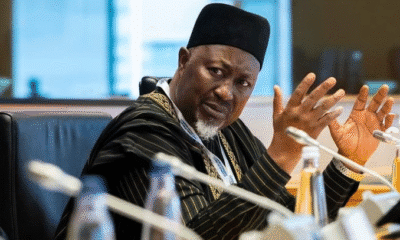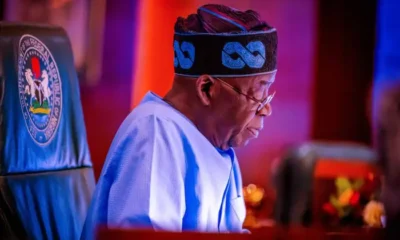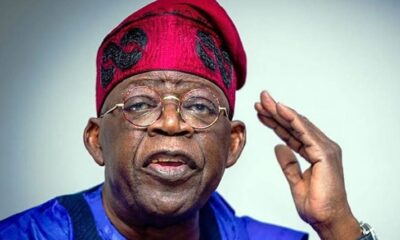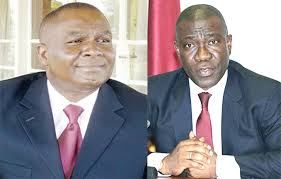Breaking News
CPC Controversy: Tinubu Engages Sultan, Kaigama in High-Level Talks
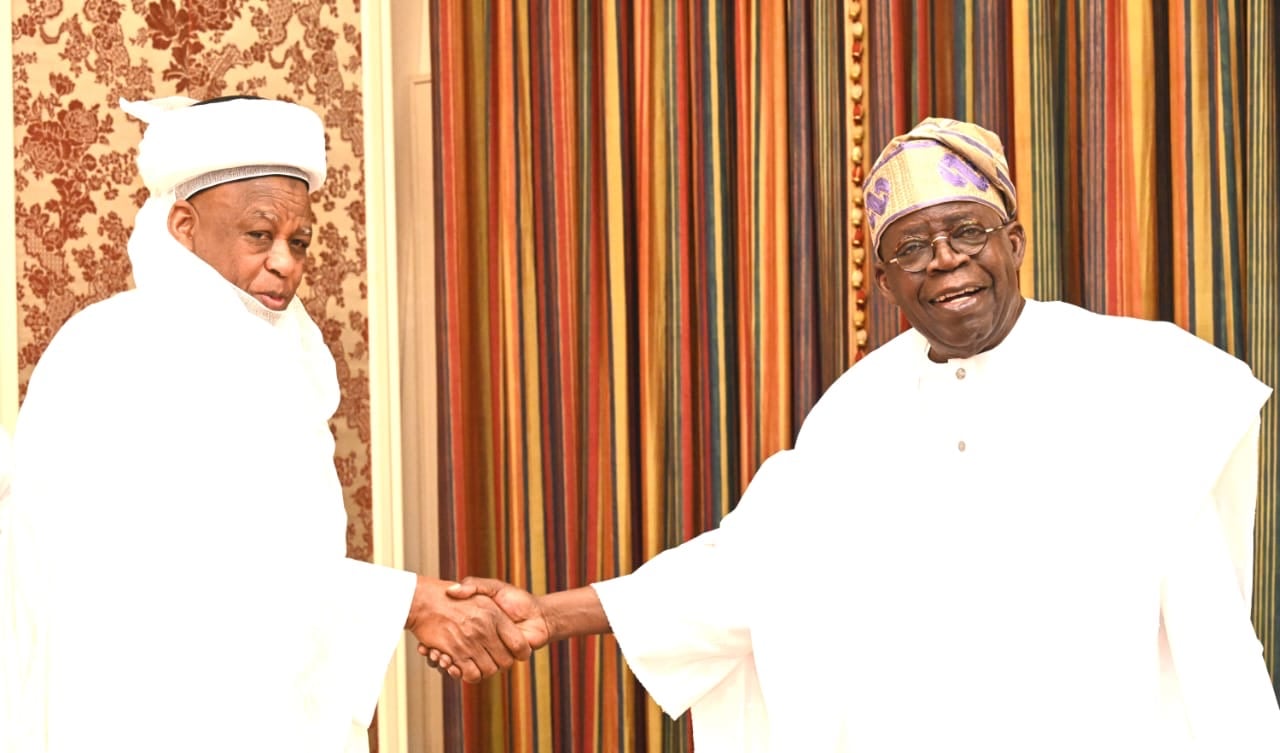
President Bola Ahmed Tinubu on Friday held a closed-door meeting with the Sultan of Sokoto, Alhaji Muhammad Sa’ad Abubakar III, at the Presidential Villa in Abuja, in what the Presidency described as part of ongoing national consultations aimed at strengthening unity and social cohesion.
The engagement comes just days after the President met privately with the Archbishop of Abuja, Bishop Ignatius Ayau Kaigama, underscoring a renewed push for dialogue with major religious, cultural, and moral leaders across the country.
Videos of both meetings were posted on X by the President’s Special Assistant on Social Media, who said the consultations were underway to “deepen dialogue and rebuild trust” at a sensitive period in Nigeria’s national life.
Sources within the Villa told The Nation that the meetings form a central part of President Tinubu’s efforts to consolidate peace and foster interfaith harmony.
“These meetings are part of the President’s broad consultations with key moral and cultural leaders to enhance national integration and tackle social challenges,” one senior official said.
Another aide noted that the engagements reflect Tinubu’s Renewed Hope Agenda, which places inclusivity and respect for interfaith cooperation at the heart of governance.
“Inclusivity and interfaith cooperation are core pillars of the Renewed Hope Agenda,” the aide explained, adding that the administration views traditional and religious leaders as essential partners in safeguarding national stability.
Tinubu’s engagement with the Sultan and Catholic leadership comes at a time Nigeria remains under global watch, following US President Donald Trump’s October 31 redesignation of Nigeria as a “Country of Particular Concern”.
Washington had claimed that over 7,000 Christians were killed in the first seven months of 2025 in attacks linked to Boko Haram, ISWAP, and armed herders, allegations that sparked diplomatic reactions from Abuja.
The Federal Government strongly rejected both the numbers and the CPC label, describing the claims as exaggerated and unrepresentative of realities on the ground.
Officials maintained that Nigeria’s constitution guarantees freedom of worship and stressed that insecurity affects citizens across religious lines.
“The genocide narrative is a false and misleading account that does not reflect realities on the ground,” a top government source said.
According to senior Villa officials, Tinubu’s meetings with key religious figures are designed to create a united front, manage tensions and expand engagements with influential voices capable of shaping public sentiment.
“The President understands the importance of moral authority and community leadership in moments like this,” one official added.
The Sultan of Sokoto, as President of the Supreme Council for Islamic Affairs, and Archbishop Kaigama, as a foremost Catholic figure, represent two of the most influential religious blocs in West Africa’s largest democracy.
Their engagements with the President signal a deliberate, intensified effort to bridge divides and quell anxieties heightened by recent global narratives on religious persecution.
Presidency sources hinted that similar meetings with traditional rulers, interfaith coalitions, youth leaders, women groups and regional blocs will continue in the coming weeks as part of a broader initiative to consolidate peace and strengthen national unity.
The Villa continues to position the dialogues as evidence of Tinubu’s attempt to stabilise the country internally, even as the government pushes back firmly against international pressure.

